The Freedom Series: My Journey
By Anwesh Pokkuluri
In May 2018, I signed up to be a petitioner in the Supreme Court against Section 377. My parents weren’t comfortable with it even though my coming out to them 2.5 years before was rather smooth (for me). They had two major apprehensions. One, how this would affect my wellbeing, considering that I’d been on a break from work for more than a year by then, owing to mental health issues.
I’d convinced them that I was not alone, there were other petitioners with me, that we were doing it on behalf of a 350+ member support group, and if anything, this could only have a positive impact on me.
Two, this would mean coming out publicly to extended family members and neighbours, which I might not have done otherwise. I read somewhere once, “queer people coming out of the closets puts the parents in the closets.” I felt that it was a legitimate concern and I wanted to talk to my therapist about how to be okay with it.
When I told my therapist this, he asked me if I feared any backlash that I, or my parents, would have to experience. I replied, “Anyone who has seen me in real life knows that I’m a good person and wouldn’t shun me. So my parents shouldn’t be afraid of extended family ostracising them.”
I admitted that it was naive, and that homophobia was a serious issue, but I stressed again saying, “but I’m a good person. Anyone who knows me personally knows that.” And it got me to thinking why I stressed about being a good person, whether I myself still had internalised homophobia that made me think being gay was bad, and if I thought being good otherwise could/should compensate for it.
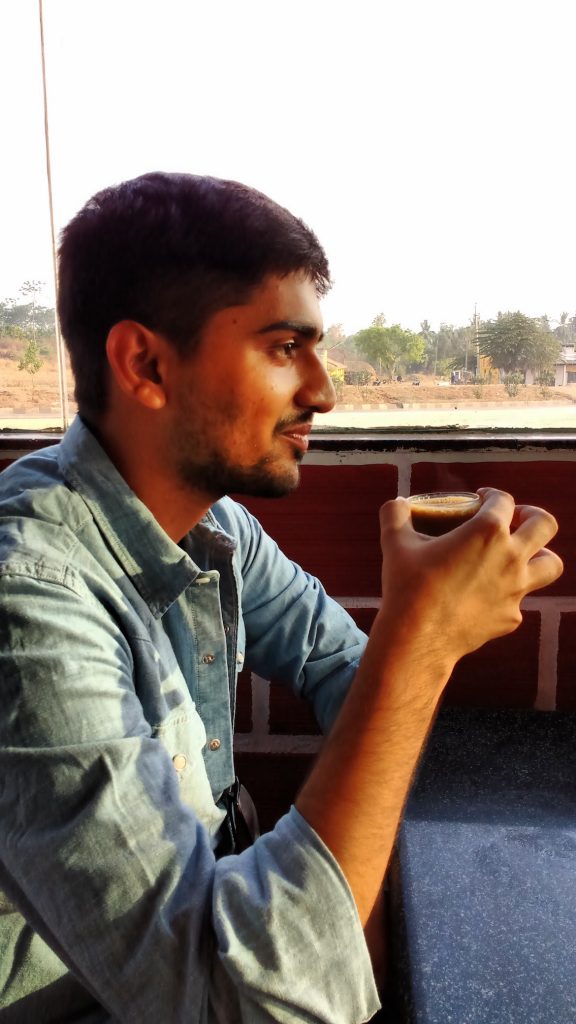
When my therapist asked if there were any incidents in the past which made me feel similar, I told him how coming out to friends sometimes reinforced this belief when they had said “but you are cool. Things will be cool between us.”
With that talk, I realised how I’d always felt the need to be extra cautious to be good, to be smiling always, to not rub anyone the wrong way. How it was tiring to do that all the time. I told my therapist about the Alan Turing pardon in 2013 (which happened a few days after Supreme Court of India reinstated Section 377). Turing was punished because he was gay. But he received a posthumous pardon because he was an exceptional genius. This, 46 years after homosexuality was decriminalised in England, essentially sent out the message: “Be exceptionally good if you’re gay.”
This is just one of the ways in being gay put a strain on my mind and mental health. Growing up in a small town with no access to any resources to understand homosexuality meant questioning everything about myself — my thoughts, my feelings — starting from when I was 11 through all of my teenage years. As a result, I could never form a sense of self — not knowing who I was, not knowing if I’d a problem, not knowing what I could do, not knowing whom to talk to or what to talk, not knowing if I could even talk.
Even after I could finally accept myself, I didn’t know how I could to talk to my parents or friends about it. I isolated myself from everyone. At one stage, I’d convinced myself that my parents didn’t deserve me, and I developed suicidal thoughts.
(Note: If you or someone you know is feeling suicidal or has expressed such thoughts please reach out for professional help. You can find helplines here and on the Suicide Prevention India Foundation’s site)
ALSO READ: SUICIDE IS NOT THE ANSWER: A SURVIVOR’S STORY
After seeking professional help for depression and anxiety, after spending hours in therapy gathering courage and the words to come out to parents, I thought it was a happy ending when they accepted me.
But the lack of sense of identity and self, with the intense lows getting normalised, my mental health remained a concern. Suicidal thoughts kept coming back. I overdosed on a weak night after quitting work and moving back home, and had to get hospitalised. Sometimes even the right kind of medical help seemed elusive. But again, I could at least understand the problem, look for help and was able to afford it. Understanding and accepting homosexuality and mental illness are privileges…
If there’s anything that I can advise my younger self, it is to talk. We’re only as sick as our secrets, and by talking about what is bothering, we take away its power to control us. Be it sexuality or mental health, I wish I had opened up sooner about them.
GETTING HELP: iCALL’s crowd-sourced list of mental health professionals includes those friendly to the LGBTQ+ community
About the Author: Anwesh Pokkuluri was raised in a semi-orthodox joint family in Kakinada, Andhra Pradesh. He is a 2014 alumnus of IIT-Madras and lead petitioner of the IIT Pravritti Petition in the Supreme Court.

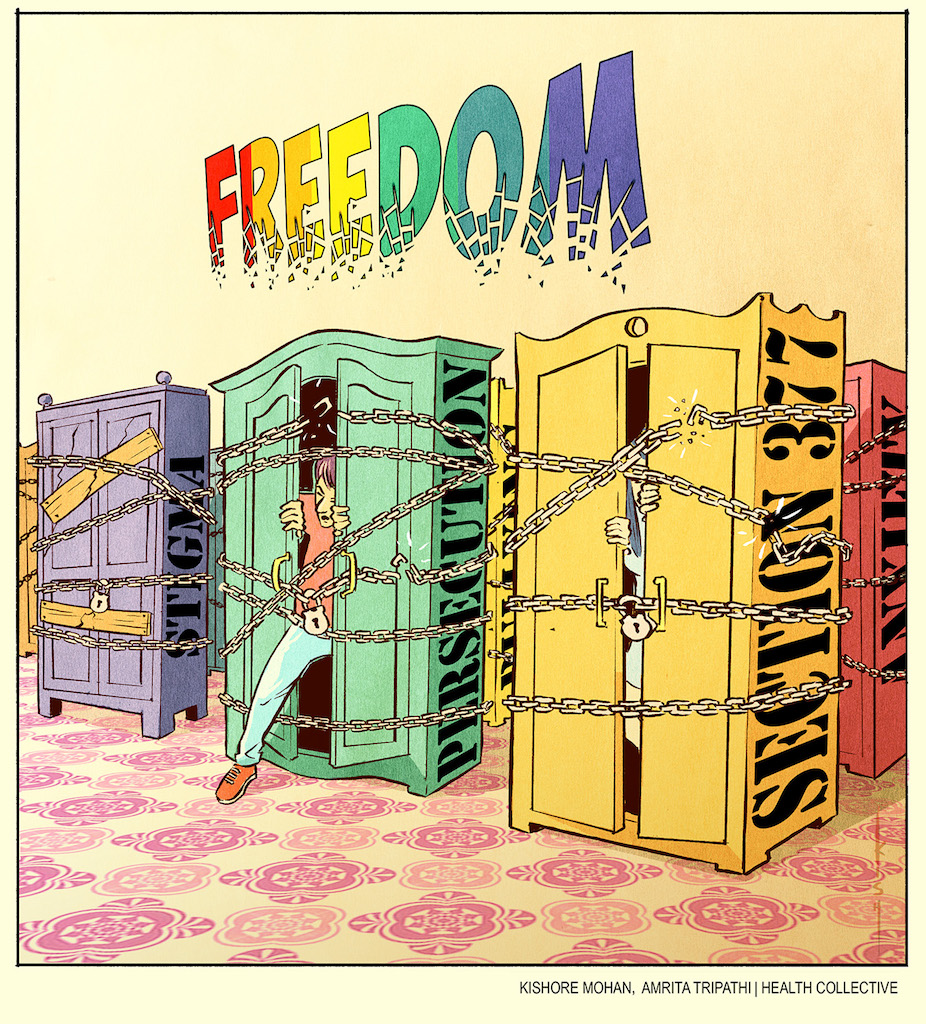
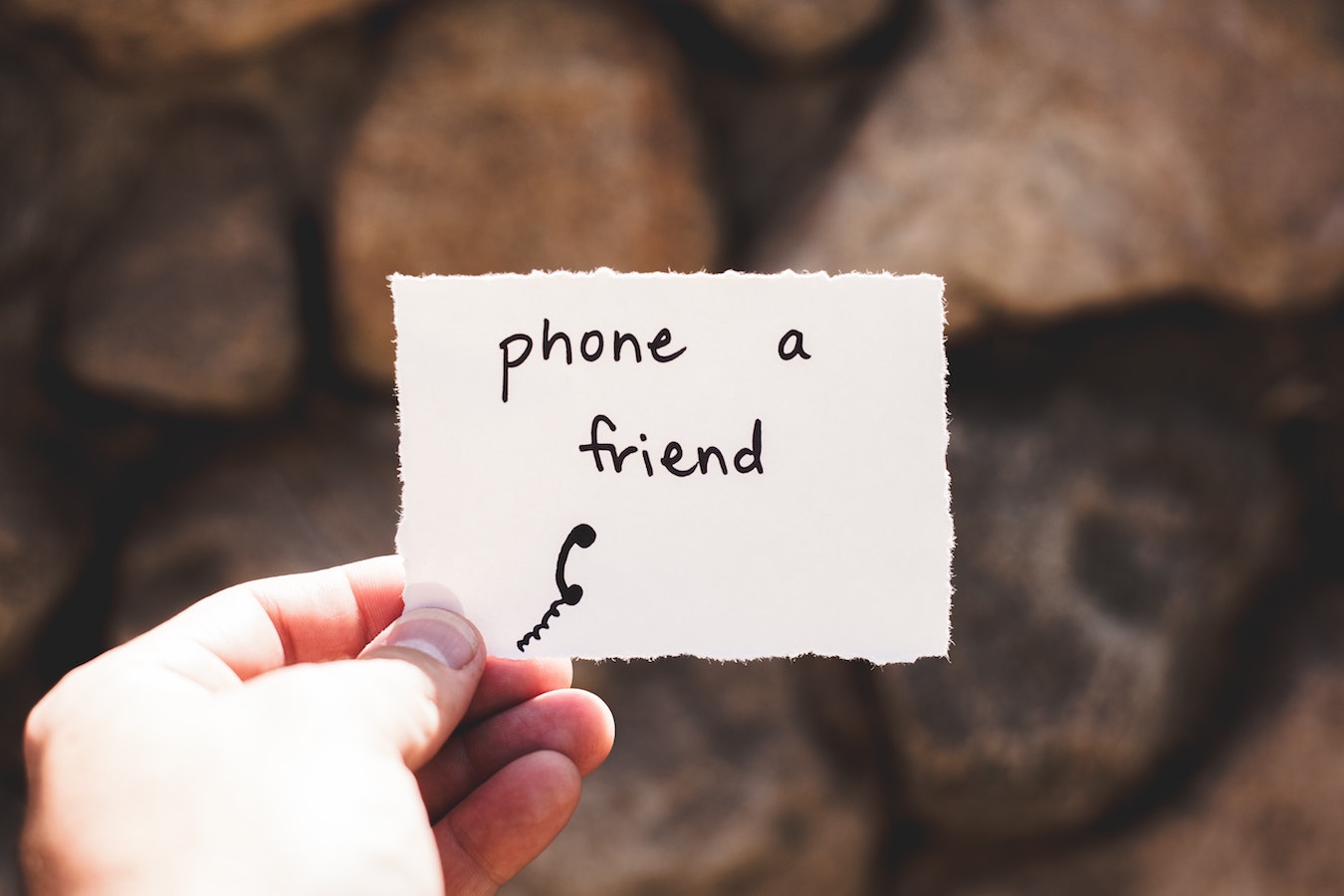
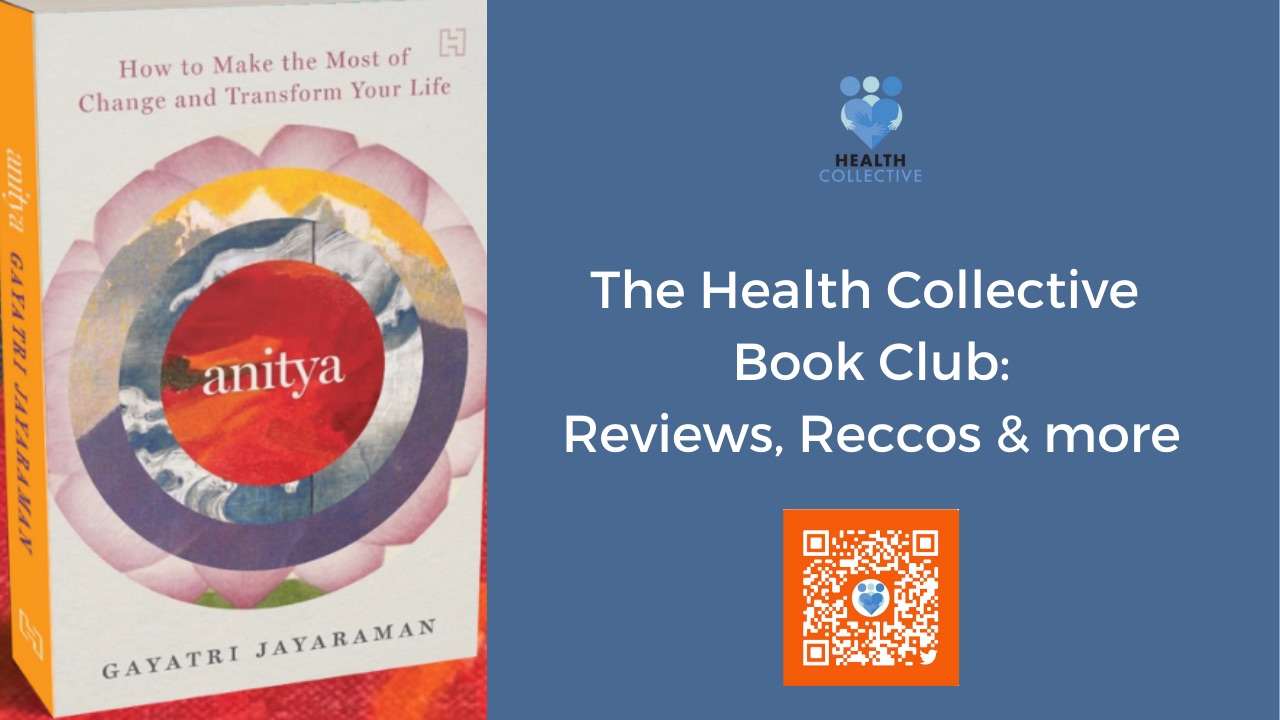
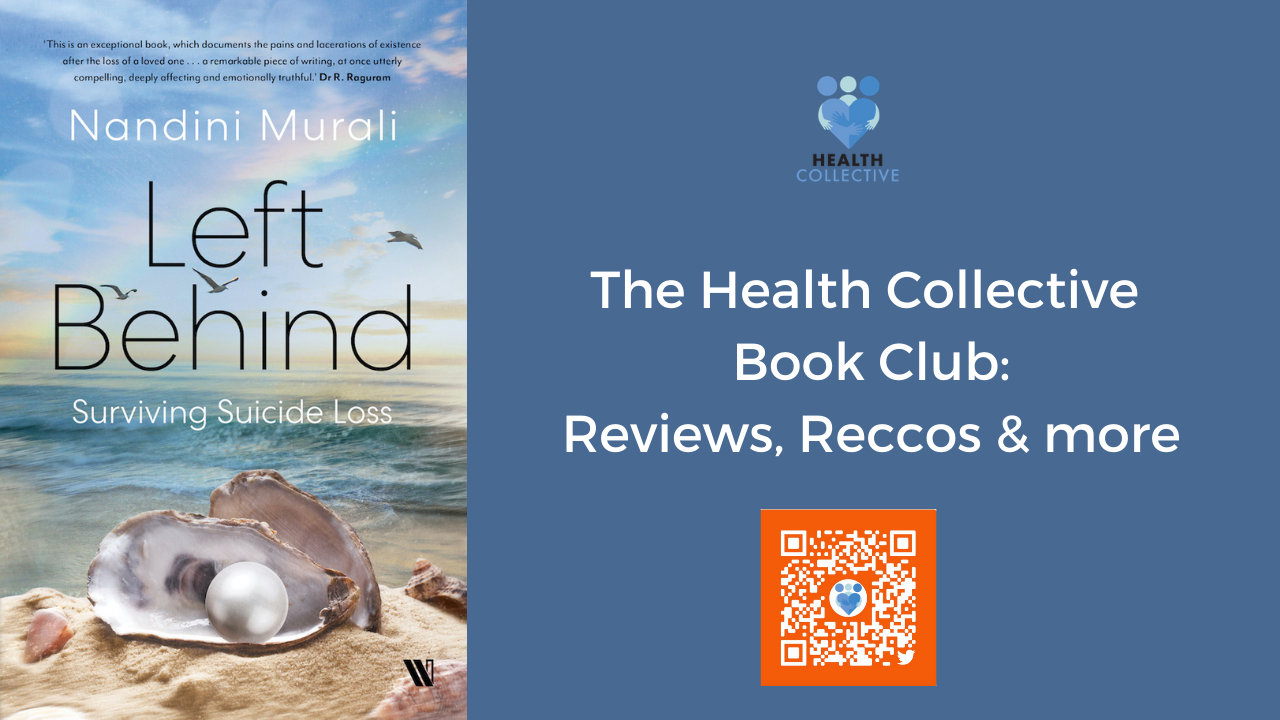
Pingback: The Freedom Series: Being Gay and ‘Manning Up’ in the Media
Be exceptionally good if you’re gay.
Brilliant point.
Would you have been not as good if you weren’t gay?
I would probably be dissatisfied with any answer to this question 😀